Higher education and COVID-19: How Aga Khan University has risen to the challenge
“Among the founding principles that were set out by the Chancellor, was that AKU…should be able to serve [the] populations in which
The challenge: Globally, at least 400 million people lack access to essential health services. Every year, more than five million children die globally before their fifth birthday largely due to preventable or treatable illness, and this risk is twice as high for children born into poverty. Risks are also high for women: the proportion of women who do not survive childbirth is 14 times higher in the developing world than it is in developed countries like Canada.
Moreover, global nutrition statistics indicate that almost half of deaths in children under five are linked to poor nutrition, and 790 million people worldwide do not have the calories they need to reach their full potential. Access to and uptake of health and nutrition services are also often hindered by gender, social, cultural, and financial barriers, which have implications for lifelong well-being and productivity.
Our solution: We harness the longstanding work of the AKDN with communities and village organizations to enable people – particularly those living in geographically remote areas – to optimize their health and well-being and reach their full potential.
Our programs help people make healthy choices and get quality care when an issue arises – even in remote areas. We promote public and community health awareness, teach and train health professionals of all kinds, and improve health facilities, ranging from basic rural clinics to specialized centres for treatment and research on a global scale. We work with communities to encourage positive health and nutrition behaviours, improve access to nutritious crops, and integrate nutrition into health systems. We aim to build efficient, appropriate, and sustainable health systems, and improve the health and nutritional status, especially for vulnerable groups like women and children.
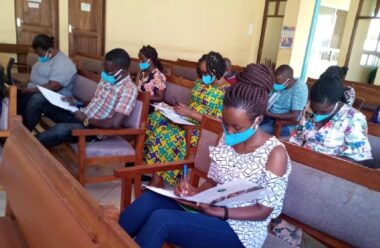
“Among the founding principles that were set out by the Chancellor, was that AKU…should be able to serve [the] populations in which
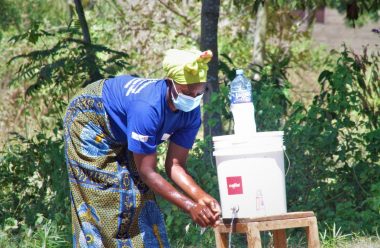
By Fawad Akbari, MD, MPH, Senior Program Manager
COVID-19 has underscored the importance of primary health care systems, both in the global response to the pandemic and in keeping people healthy through the delivery of essential services.
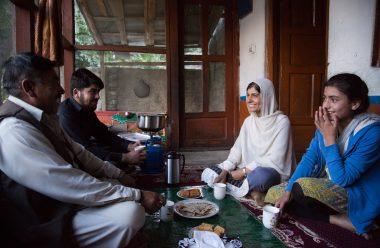
By Lindsay Mossman, Senior Gender Equality Advisor
How old you are, where you live, your race, your ethnic background, and your socioeconomic status all affect how your world has changed since the pandemic began. Gender is no exception.
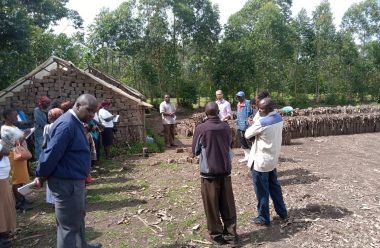
When he first heard about the coronavirus in early February, Liam Thorne was working as a monitoring and evaluation fellow supporting health programming in Kisii, Kenya.
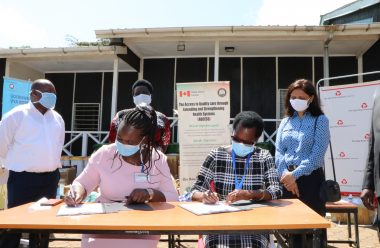
Community health volunteers (CHVs) play a crucial role in the healthcare system in Kenya.
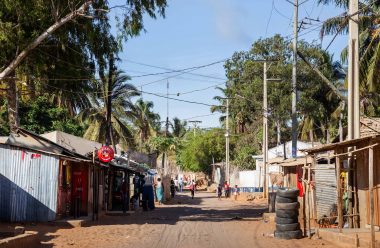
As a vaccine for COVID-19 has yet to be produced, prevention is the only way to stop the spread of this disease. Community awareness is key to the success of such initiatives.
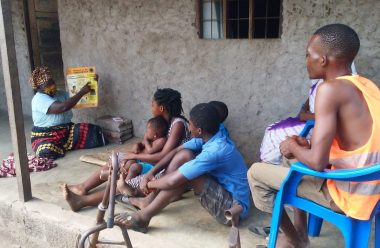
Thanks to COVID-19 prevention training provided by a Canadian-supported program, Maria learned that prevention was something she could help control.
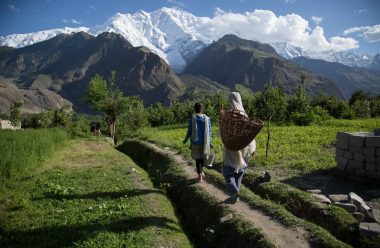
Health leaders in northern Pakistan are using homegrown solutions to educate rural communities about COVID-19.
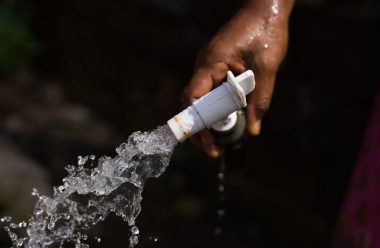
The International Youth Fellowship program helps young Canadian professional launch careers in development by working for a host organization in Africa or Asia. The program is supported by the Government of Canada and Aga Khan Foundation Canada, through the funds raised by World Partnership Walk and Golf.